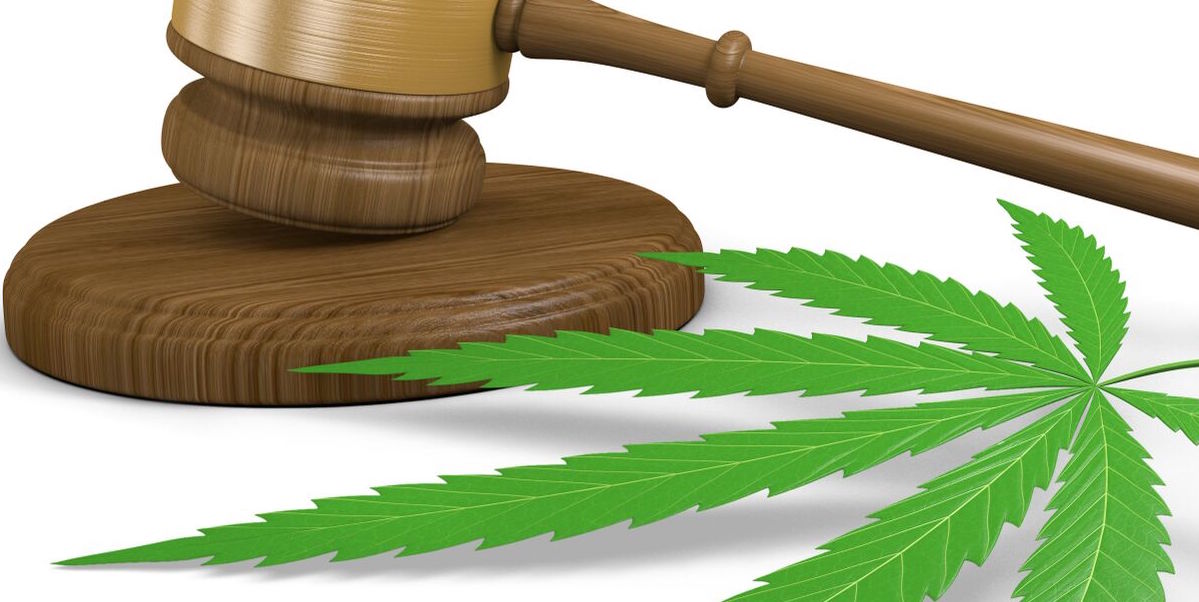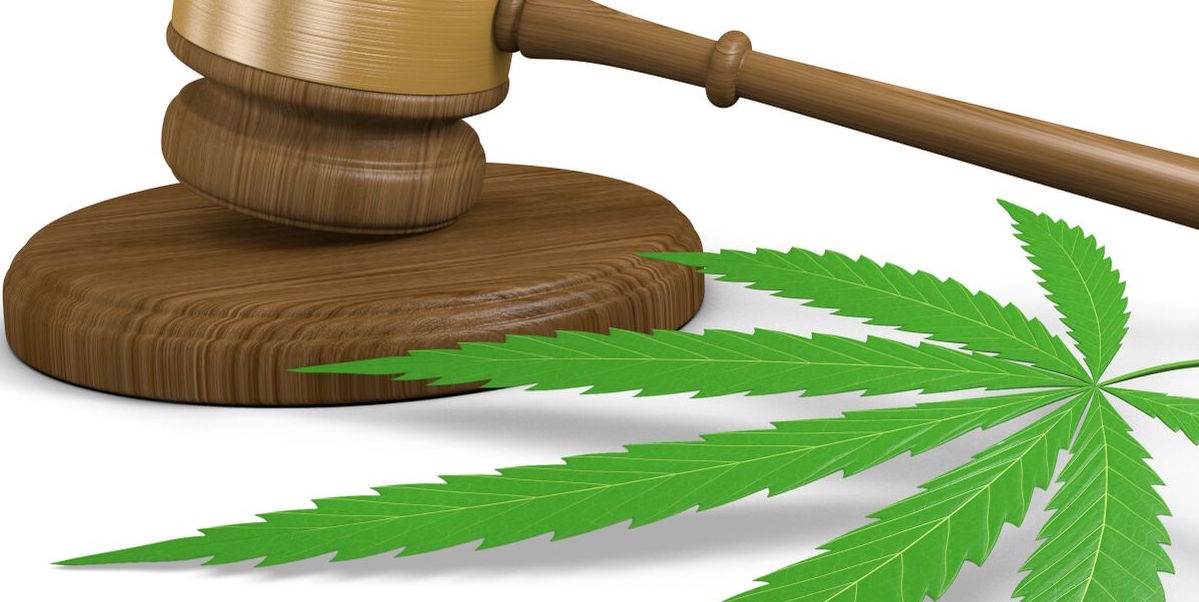
After California made headlines in 2016 by legalizing cannabis recreationally, many political scholars expected others to follow suit. As expected, cannabis ballot measures are being voted on in multiple states during the midterm elections. Voters in both Michigan and North Dakota will vote on the legalization of recreational cannabis use while residents of Utah and Missouri will decide whether to legalize medicinal use of cannabis. These states will look to join the 9 states that have legalized recreational cannabis use and the more than 30 states that have legalized cannabis for medicinal use, many within the past five years.
Voters Shaping Recreational Cannabis Policy
Michigan, with its population near ten million, is the largest state to consider a cannabis ballot measure this election. Its citizens will vote on Proposal 1 which would legalize recreational cannabis use for all adults over the age of 21. It would also set the tax on recreational cannabis sales at a relatively low 10%. Should the measure pass, the Michigan legislature would then determine the regulatory structure of its new cannabis program.
North Dakota will vote on a much different cannabis ballot measure than most. While Measure 3 would legalize recreational cannabis use for those over the age of 21, it would also expunge many cannabis-related convictions and permit the unregulated growth and sales of cannabis. The measure creates no regulatory program and would allow for tax-free sales and the possession of unlimited amounts of cannabis. The open-ended nature of Measure 3 has some politicians and lawyers nervous, though it is unclear whether it will pass or not. According to USA Today, Norm Robinson, campaign manager for North Dakotans Against the Legalization of Recreational Marijuana called Measure 3 a, “Wide-open, no-holds-barred, no-limits on anything, no-oversight, poorly written measure.”
Medicinal Cannabis Ballot Measures Being Voted On
In Utah, voters will decide whether or not cannabis will be legalized for medicinal use. Though the bill is vague in nature, it is almost guaranteed to pass. Proposition 2 would establish a state-run medicinal cannabis distribution network but would not legalize the smoking of cannabis. Patients would still be able to eat cannabis edibles and use cannabis-infused vape pens.
Missourians will vote on three separate cannabis-related measures. All three (Amendment 2, 3, and Proposition C) would legalize the distribution, growth, and use of medical cannabis. The proposals differ only in tax levels as Amendment 2 would tax cannabis sales at 4%, Amendment 3 would tax sales at 15% and also place a tax on the sale from growers to dispensaries, and Proposition C would place a 2% tax on cannabis sales. Whichever measure garners the most votes will eventually go into effect.
The Senate, House of Representatives, and state Governorships will not be the only things on the ballot this election day. Four cannabis ballot measures will be voted across Utah, Missouri, North Dakota, and Michigan, all with a strong chance to pass. The way each measure is voted on will have a lasting impact on the politics of cannabis legalization in the United States of America.











